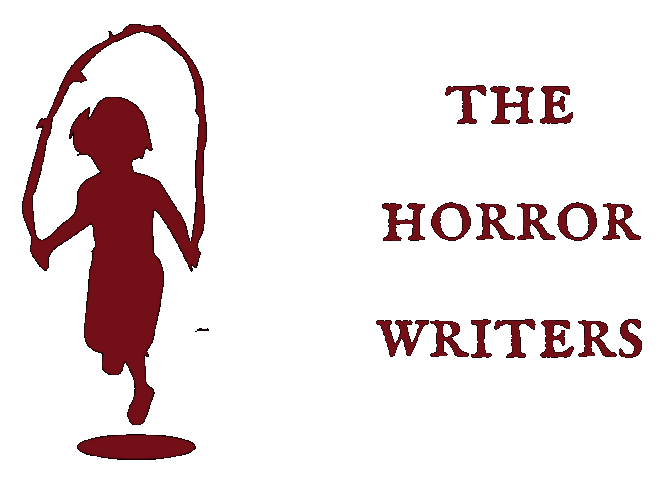Stories about ravenous undead are a dime a dozen, and they all have pretty much the same core plot: A virus/disease/catastrophe unleashes mindless, flesh-eating revenants, and the humans who remain fight to stay alive. Every zombie book I’ve read is set in the present day and describes a post-apocalyptic world. It’s popular because it’s familiar and readers know what to expect. For prolific readers like me, the repetition gets old. When authors shake things up and deviate from the norm, it gets my attention.
The Mortecarni by Kelly Evans is a unique take on the undead, set in an actual apocalypse—the Black Death—that killed 30-90% of the population of Eurasia. I received a reading copy with no cover, no blurb, and no idea what I was getting into, so I was completely surprised by it.
The prologue is vague but tantalizing. Why were a group of soldiers and archaeologists tearing apart a monk’s grave? One scientist mentions that the monk was a physician, and the book they find in his tomb is a triumphant discovery. To my surprise, the next chapter plunged me into medieval Wales, circa 1347 and my question from the prologue is answered in the first sentence:
“My name is Brother Maurice and I hunt the mortecarni, pathetic creatures unnaturally risen from death to pray upon the innocent.”
My interest was immediately piqued. I have enough knowledge of Latinate languages to know “dead flesh” when I see it, but…a Monk? In 1348? Hunting zombies? Part of me was thrilled, the other part cringing. Would the author do right by Medieval history or was this going to be full of “olde tyme” myths that are endemic in modern media?
The third son of a wealthy merchant, Maurice is taught to read by his mother and learns rudimentary healing from farmers and “wise women”. Since he has two older brothers to carry on the family business, he’s sent to a monastery for further education. His talent in the healing arts convinces the Brothers to send him to study at Salerno’s Schola Medica Salernitana to become a physician. There, he befriends Falayh, an Arab raised in Spain as a Christian.
Brother Maurice’s holy duty takes him across Europe to teach the skills in healing to his monastic brothers so they might heal the sick in body and spirit. At one stop, he encounters an illness never seen before: an infection of rotting flesh that robs the afflicted of their senses and drives them to attack others. The infection spreads, and the only cure he can find is death. The monastery is ravaged, and when word reaches Pope Clement in Avignon, Maurice is sworn to secrecy and sent on a mission to end the mortecarni—by the sword or by a cure—and it endangers both his life and his faith.
I was riveted and read the book in two sittings. It’s like the author took historical fiction, mystery, coming-of-age, and zompoc, and combined them all like an alchemist to make something new and different. Brother Maurice’s conflict over faith and duty is heart-wrenching. And oh, what he must do. Evans assails us with horror that doesn’t turn away from the blood, madness and rotting flesh that this kind of story calls for. It’s definitely not for the squeamish. Even day-to-day “medicine” was a horror with leeches, bleedings, and the worst: draining the buboes of plague victims to save their lives. Evans does her research, and you can get a taste of it on her Twitter page. Her feed is full of links to medieval arts, sciences, and history, and she also writes historical fiction in addition to horror.
Evans did an excellent job showing this historical period, and at the same time acknowledging the realities of the age, like literal witch hunts and the erasure of women, extreme measures taken to stop the bubonic plague, and the indifference of otherwise “holy” men.
One thing I loved was that this book can easily stand alone, although the author’s site shows a sequel in the works. The story wraps up in the modern age, where the answer to the mystery Brother Maurice pursued is rediscovered. We don’t need to know who these modern-day people are; we’ve seen their struggle play out in the 14th century and know what they’re up against. The words of a humble monk will once again have meaning, his work and soul redeemed.
It’s good stuff, so if you’re looking for a completely different take on the zombie genre, this is the book for you. Kelly Evans is an author to watch!


